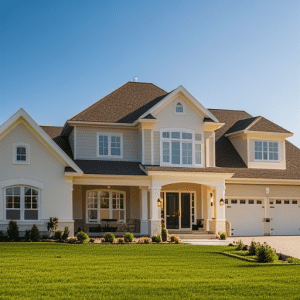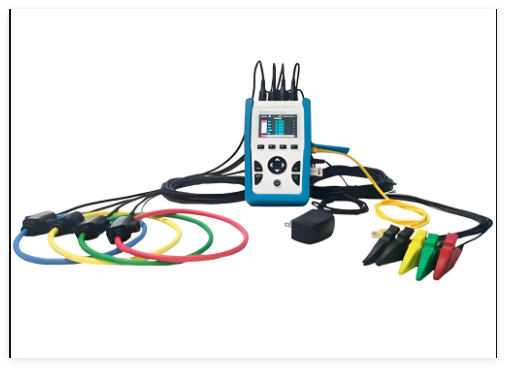How can a smarter home system achieve a safer home environment?
On the issue of achieving a safer home environment through smart home systems, we can explore from multiple perspectives. First and foremost, the core of a smart home system lies in the term “smart.” It connects various devices and systems in the home through advanced technological means such as the Internet of Things, artificial intelligence, and big data analysis, enabling remote control, automated management, and intelligent decision-making.

From a security standpoint, smart home systems can enhance the safety of a home in the following ways:
- Intrusion Detection and Alarm Systems: By installing smart cameras and door and window sensors, the system can monitor abnormal activities in the home in real time and automatically trigger an alarm when an intrusion is detected, while also notifying the user.
- Smart Lighting Control: With a smart lighting system, users can remotely control the lighting in their home, and even set timers to turn on and off, simulating the presence of people in the home, thereby increasing security.
- Energy Management: Smart home systems can monitor the energy usage in the home, promptly detect abnormal consumption, and prevent safety issues such as electrical fires.
- Environmental Monitoring: By installing devices like air quality monitors and smoke detectors, smart home systems can monitor the environmental conditions in the home in real time, and immediately issue an alarm if harmful gases or fire hazards are detected.
- Smart Locks: Smart locks can be remotely controlled and offer various unlocking methods, such as passwords, fingerprints, and facial recognition, increasing the security of the home.
According to industry data, the smart home market is growing rapidly. Market research firm Statista predicts that by 2025, the global smart home market size will reach approximately $150 billion. This growth not only reflects consumer demand for smart home systems but also demonstrates the potential of intelligent technology in enhancing home security.
In the new energy industry, the integration of smart home systems with new energy technologies, such as the integration of solar power generation with smart home systems, can not only improve the efficiency of energy use but also reduce energy waste through intelligent management, further enhancing the safety and sustainability of the home.
Drawing from ancient wisdom, we can understand the development of smart homes from the perspective of “change leads to flow, flow leads to longevity” from the I Ching. Change is inevitable for development, and smart homes, in their constant evolution, provide new solutions for home security. At the same time, as Confucius said in the Analects: “The wise delight in water, the humane delight in mountains,” the intelligence of smart home systems combined with the benevolence of new energy provides a living environment that is both safe and environmentally friendly.
I believe that the development of smart home systems is not only a technological innovation but also an enhancement of life quality. Through intelligent solutions, we can create a living environment that is safer, more comfortable, and more energy-efficient, which is precisely the goal we are pursuing.



Post Comment